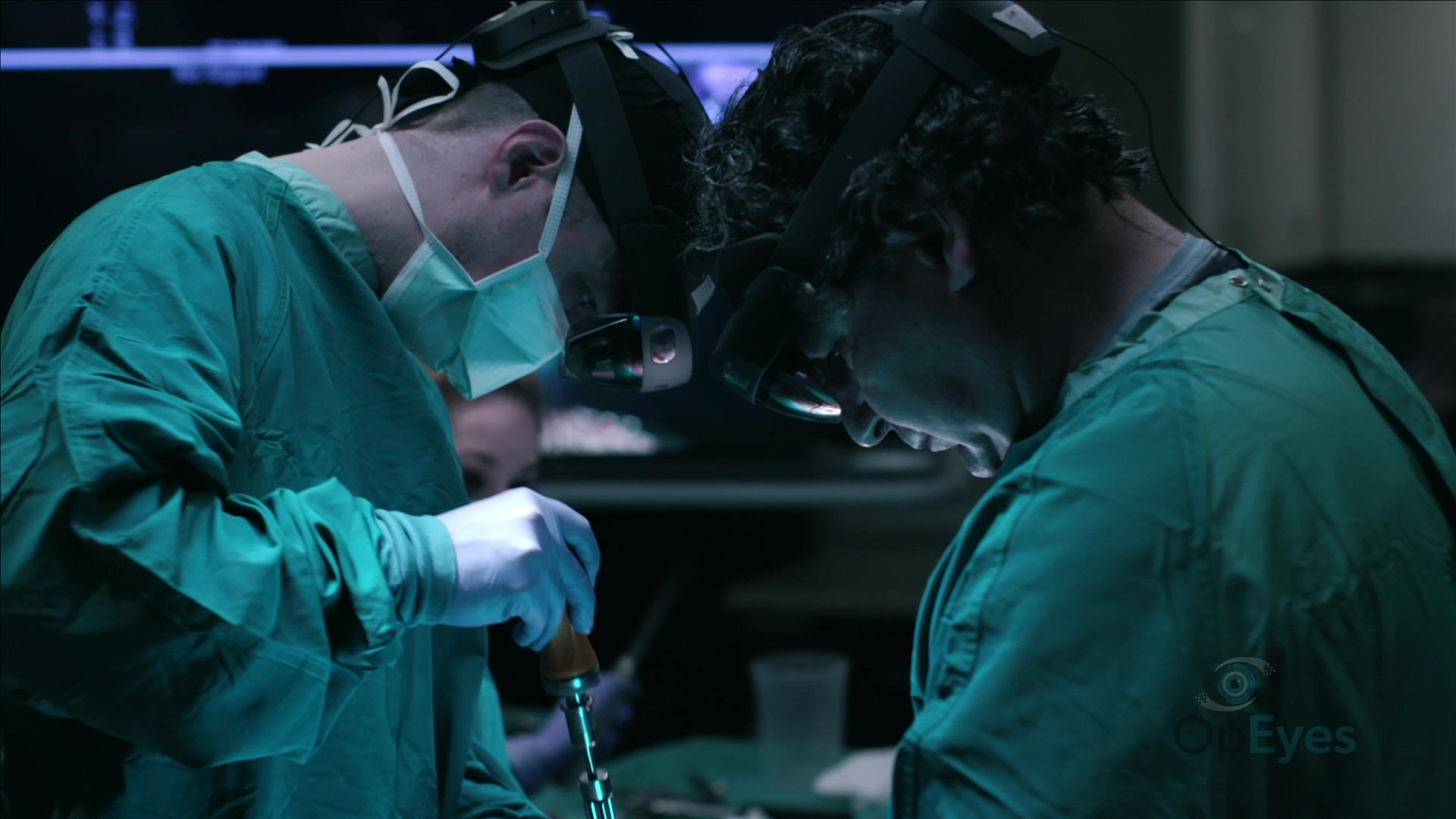MacGyver Meets Medicine: A truly innovative low-cost X-ray solution using a digital camera in rural Zimbabwe
-1.png)
Novarad, GlobalRad, and Saving African Families Enterprise (SAFE) traveled to rural Zimbabwe to provide an affordable X-ray solution to the Rusitu Mission Hospital.
Watch the video that tells the story of this humanitarian effort in Rusitu Mission Hospital in rural Zimbabwe: https://www.youtube.com/watch?v=CWmr7HrL1ho
Imagine a world where one is injured, goes to a hospital, but there is no access to routine X-ray imaging. They may have a fracture, but there is no way to tell, and no way to decide proper treatment. This is the case for hundreds of millions across the world. Many rural medical facilities like Rusitu cannot afford expensive digital imaging. Even if they could, their technology and resources cannot support the maintenance and upkeep which cost tens of thousands of dollars. So, GlobalRad and Novarad worked together to design an affordable solution that can be implemented in areas of the world where this technology has not previously been accessible.
The story begins a decade ago with the idea inspired by Dr. Harry Barrett to use a digital camera as the detector for X-ray imaging. Dr. Wendell Gibby, board member of the GlobalRad Foundation and founder of Novarad, had been performing tuberculosis screening remotely for many years. He was introduced to Dr. Barrett’s idea while working as faculty at the University of Arizona and was approached by Cole Capener, the founder of Saving African Families Enterprise (SAFE). SAFE was supporting a small rural hospital in the mountains of Zimbabwe with a catchment population of 10,000 people that was treating about 200-300 HIV patients, many of which are at risk for tuberculosis and other infections.
They needed a low-cost, robust X-ray solution.
GlobalRad and Novarad took that idea, and four years ago, as a humanitarian effort, created a digital X-ray system based on a Nikon digital camera, a phosphor plate from Hamamatsu Corp, the Novarad Chameleon DR processing system, and a portable X-ray generator from MinXray Inc. This digital X-ray system was installed in November 2019 in Rusitu. Unfortunately, while there, the electrical power was highly unreliable. The doctor and nurses who had limited training on the system left the facility as the Covid-19 pandemic struck just months later, and the digital X-ray system sat unused for a four-year period.
Dr. Gibby and Novarad engineers recently traveled to Zimbabwe to re-instigate this program. Despite it sitting dormant, the system was still functional. The only casualty in four years of sitting in a humid, dusty environment was the keyboard – a testament to the durability of the product. The power for the facility was more reliable, as they had installed a solar panel array with battery backup.
Novarad Corporation provided funding for software development and the detector design, which allowed fairly good quality medical images using an off-the-shelf Nikon D200 purchased on eBay for about $230. A Pixel 7 cell phone camera from Google was also successfully tested. The simplicity and elegance of the solution is that the detector has no moving parts and is readily field serviceable by simply swapping out a digital camera. GlobalRad provided a teaching system to use with the software to help train doctors on the diagnosis of tuberculosis. In total, the cost of the camera in a box detector system was less than $2000, which included the phosphor plate, a digital camera, and the dark box created from materials easily purchased online. A small PC with a monitor completed the required elements.
Patients lined up for hours to have various ailments checked. Images included chest, fractures that hadn't healed properly, degeneration of knees and shoulders, etc. The X-ray dosage had to be increased relative to modern digital detector systems, but image quality was still well within acceptable range and more than adequate for areas of the body that did not require more powerful penetration.
The doctors and staff at Rusitu expressed gratitude and appreciation for this innovative addition to their hospital. Mr. Chikamhi highlighted that the machinery will aid communities in Vhimba, Hlabiso, Dzingire, and the adjacent regions of Rusitu in obtaining X-Ray images.
One final coda of good news was that Dr. Mugari, who previously left this facility, has decided to return after finding out that X-ray imaging is now available. The hope is that this simple, yet elegant blueprint can extend the power of medical imaging to hundreds of millions of patients in need, at a cost that is affordable.


